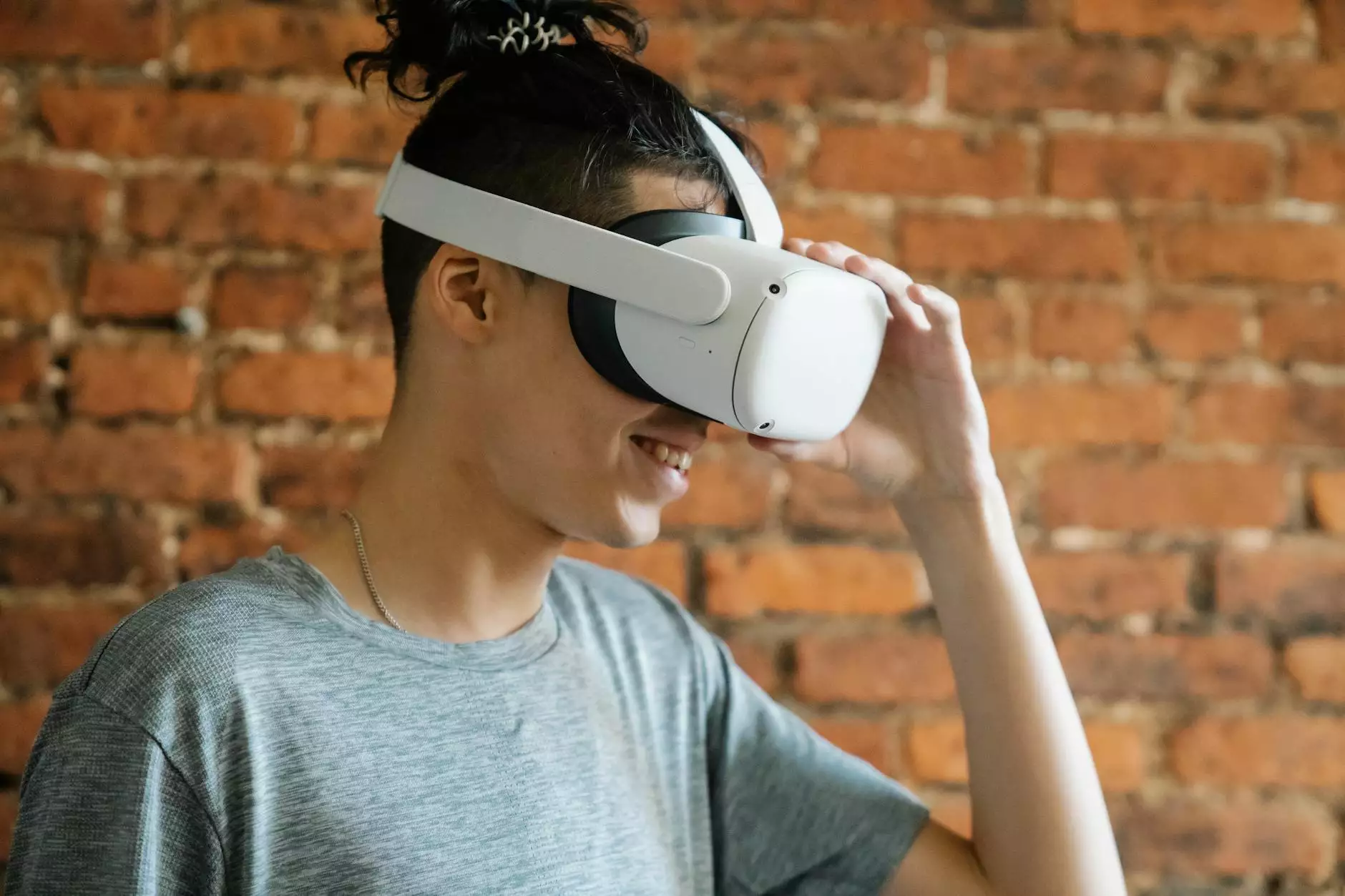Has Social Media Changed Television?
Content Marketing
The Evolution of Television in the Age of Social Media
Television has long been a staple in households around the world, offering a window into news, entertainment, and culture. However, with the rise of social media platforms, the way we consume television content has undergone a significant transformation.
Social Media's Impact on TV Programming
Social media has revolutionized the way television programs are produced, marketed, and consumed. TV networks now rely on platforms like Facebook, Twitter, and Instagram to engage with viewers in real-time, creating interactive experiences that blur the lines between traditional television and digital media.
The Rise of Second-Screen Viewing
One of the most notable changes brought about by social media is the phenomenon of second-screen viewing. Audiences now engage with TV shows on their smartphones or tablets, simultaneously sharing their thoughts, reactions, and memes on social platforms. This trend has created a dynamic and participatory viewing experience that has become integral to the way we watch television today.
Enhanced Audience Engagement
Social media has also empowered viewers to become active participants in the television landscape. Fan communities, hashtags, and user-generated content have all contributed to a sense of community and shared experience that has redefined the relationship between audiences and TV networks.
The Influence of Social Media on Audience Behavior
Not only has social media changed the way television is produced and consumed, but it has also had a profound impact on audience behavior. Viewers now have the ability to influence programming decisions, drive conversations around their favorite shows, and even shape the future of television through their online interactions.
Real-Time Feedback and Data Analytics
TV networks leverage social media data to track viewer engagement, sentiment, and trends in real-time. This valuable feedback allows them to make informed decisions about programming, marketing strategies, and audience preferences, ultimately creating a more tailored and responsive viewing experience for viewers.
Social Media Influencers and TV Sponsorship
Social media influencers have also played a significant role in bridging the gap between television and online platforms. Many TV networks collaborate with popular influencers to promote their shows, bridging the gap between traditional and digital media and reaching new, diverse audiences.
Conclusion
In conclusion, social media has undeniably transformed the landscape of television viewing. With its ability to foster real-time engagement, community-building, and audience empowerment, social media has reshaped the way we interact with television content and the entertainment industry at large.









